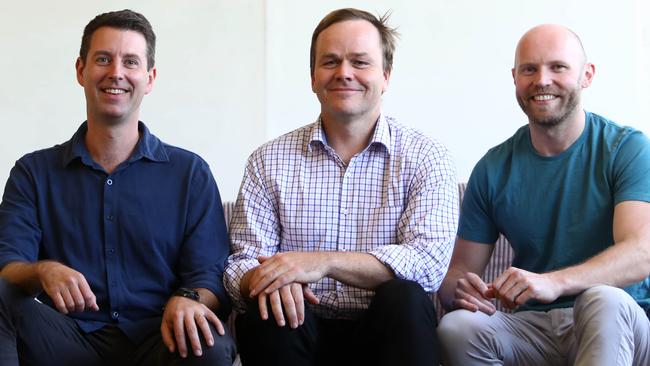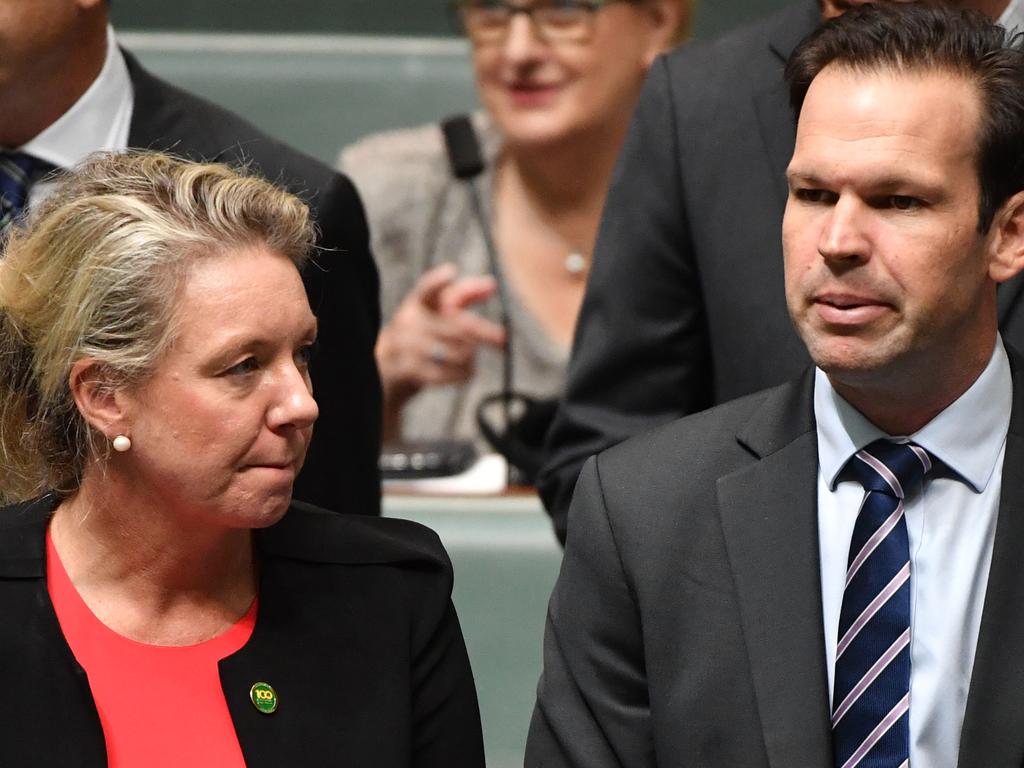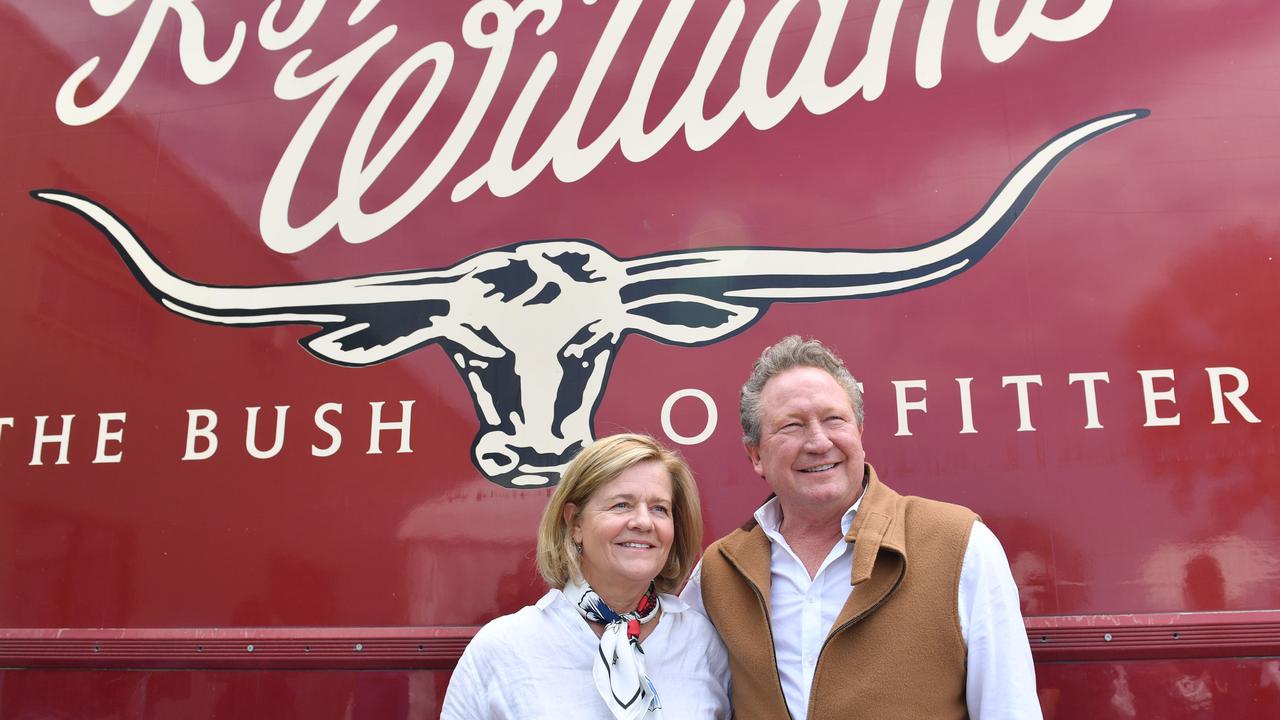What’s the new cash source for COVID-hit companies?
Crowd-sourced funding is becoming an increasingly viable way for Australian small businesses and start-ups to raise capital.

Crowd-sourced funding is becoming an increasingly viable way for Australian small businesses and start-ups to raise capital even during the COVID-19 pandemic, according to a report on the sector.
Since the federal government opened up the nation’s crowd-sourced funding (CSF) industry two years ago, more than 80 Australian SMEs have collectively raised more than $53m by issuing shares online under the regimen, according to the study to be released on Tuesday by Birchal, one of Australia’s largest crowd-funding platforms.
Since March 1, despite the onset of COVID-19, Birchal has funded 10 successful CSF offers, raising about $5.8m.
This included Seabin, a Byron Bay-based envirotech company with technology in 52 countries, that raised $1.8m from about 1800 investors and was the biggest campaign of the past year.
Birchal was the only active CSF platform during the past three months when the COVID pandemic took hold, raising about $2.6m across six successful deals, down 60 per cent on the value of funds raised in the same period last year
Outland Denim, a local ethical fashion brand, was the first $1m-plus campaign to open and close its offer post-COVID when it raised $1.3m from 1012 investors in May.
But the new financial year has started strongly, with three successful CSF offers completed. Three more are live and have passed their minimum targets.
Birchal’s rival CSF platforms are Equitise and OnMarket.
Potential to deliver capital
“The last few months have been tough. But as an industry, we’ve shown that CSF has the potential to deliver capital to small business and start-ups even in the face of uncertainty and risk,’’ Birchal co-founder Matt Vitale said. “As we look towards rebuilding our economy together, the Australian CSF industry stands ready to deliver fast and efficient capital to the Australian small and medium businesses that have the potential to drive our recovery.”
More than 44,000 investors have participated in CSF offers since 2018, with the biggest deals happening in the fintech space — 12 transactions worth $9.4m.
There have also been 28 deals in the consumer app and consumer product spaces, together worth more than $14m, while there have been seven deals in both the alcohol and renewable energy sectors worth $3.9 and $6.9m respectively.
Since 2018, Birchal has hosted 42 successful offers, raising more than $24m for emerging Australian businesses.
“Given the longstanding and critical funding gap for early-stage capital in Australia, we have a huge opportunity ahead of us, and a long way to go,’’ Mr Vitale said.
New regimen
Crowdsourced equity funding is a type of fundraising conducted online that allows a large number of people — known as “the crowd” — to make small financial investments in a company in exchange for equity stakes.
In September 2018, new laws passed through the Senate that extended crowdsourced funding laws to proprietary companies. Previously, it had only been available to public companies.
The new regimen also included protections for investors, including requiring every CSF offer — regardless of its size — to produce a CSF offer document, including information about the company, its directors and senior management, the details of the offer, financial information and key risks and warnings.
CSF platforms such as Birchal also conduct background checks on companies, their management teams and directors and review the offer documents to ensure they meet the minimum statutory requirements and are not misleading.
One of the earliest campaigns was Xinja, Australia’s first neobank, which successfully raised $2.4m through crowd-funding platform Equitise in 2018.
Mr Vitale previously called for the CSF regimen to be extended to include debt products to unlock additional funding sources.







